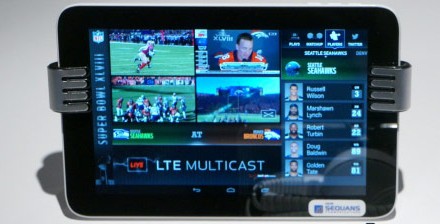 AT&T and Verizon Wireless are ditching subsidies for the popular (and expensive) Apple iPhone in favor of straight installment payment plans.
AT&T and Verizon Wireless are ditching subsidies for the popular (and expensive) Apple iPhone in favor of straight installment payment plans.
9to5Mac reports Apple has sent a memo to employees outlining major changes in how iPhones will be sold to AT&T and Verizon Wireless customers.
Apple iPhones sold via AT&T and both Apple’s retail and online stores will shift exclusively to AT&T’s Next financing plans this month and end device subsidies. AT&T Next allows customers to buy a device at retail price and pay it off in 20, 24, or 30 installments on their AT&T bill. The primary benefit of the Next plan is it permits customers upgrade to a newer device after 12, 18, or 24 installment payments. For now, customers transitioning away from their existing plan to Next will be able to keep their unlimited AT&T data plan.
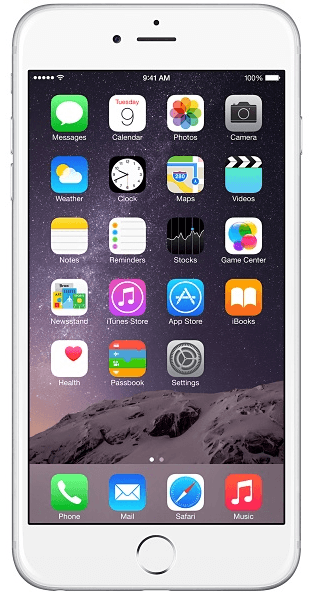 Verizon Wireless is also planning to drop its two-year subsidy programs, perhaps entirely across all devices, as early as the end of this summer. That will force Verizon Wireless customers onto the Edge installment payment program unless they are willing to pay for a device upfront.
Verizon Wireless is also planning to drop its two-year subsidy programs, perhaps entirely across all devices, as early as the end of this summer. That will force Verizon Wireless customers onto the Edge installment payment program unless they are willing to pay for a device upfront.
But Verizon will tighten the screws even more on iPhone users by blocking the Edge Up feature for Apple phones. Instead of being eligible for an early upgrade after 18 months, Verizon will commit its iPhone customers to a full two-year waiting period or until the phone is completely paid off. Magnanimously, Verizon will let the customer keep the phone after they pay it off completely. It is unclear if Verizon will allow their legacy unlimited data customers to participate in the Edge program without forfeiting their unlimited data plan.
For many customers, this will represent a distinction without much difference. Phone subsidies have always been effectively paid back to the wireless carrier through artificially high service plan rates charged over the length of a two-year contract. The installment payment plan brings the cost of the phone subsidy out into the light where a customer will see (and pay) a separate installment payment for their device instead of having the subsidy’s recovery buried in the price of service. But Verizon has clearly sought constraints on its iPhone customers who aggressively pursue upgrades at the appearance of any new iPhone model. Going forward, they will have to pay off any remaining installments owed on their old phone before upgrading to a new one.


 Subscribe
Subscribe
 The New Jersey Board of Public Utilities (BPU) unanimously approved an agreement this week exempting Verizon from most basic landline service regulations, prompting immediate outrage from consumer, senior and labor groups who predict it will lead to rate increases and deteriorating service.
The New Jersey Board of Public Utilities (BPU) unanimously approved an agreement this week exempting Verizon from most basic landline service regulations, prompting immediate outrage from consumer, senior and labor groups who predict it will lead to rate increases and deteriorating service.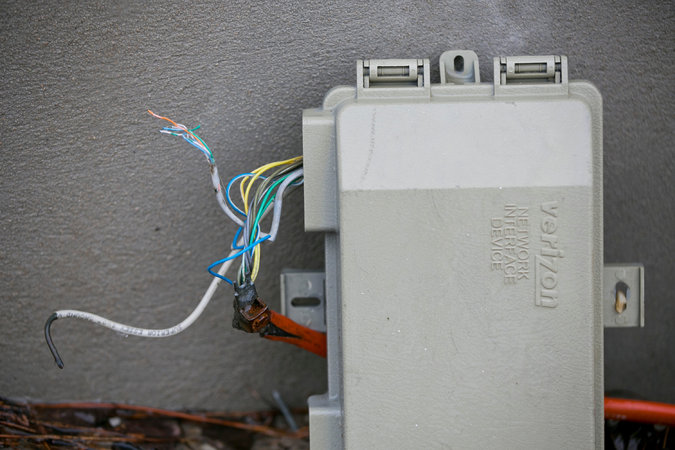
 Stefanie Brand, director of the New Jersey Rate Counsel saw the vote as a rush to Verizon’s business and profit agendas.
Stefanie Brand, director of the New Jersey Rate Counsel saw the vote as a rush to Verizon’s business and profit agendas.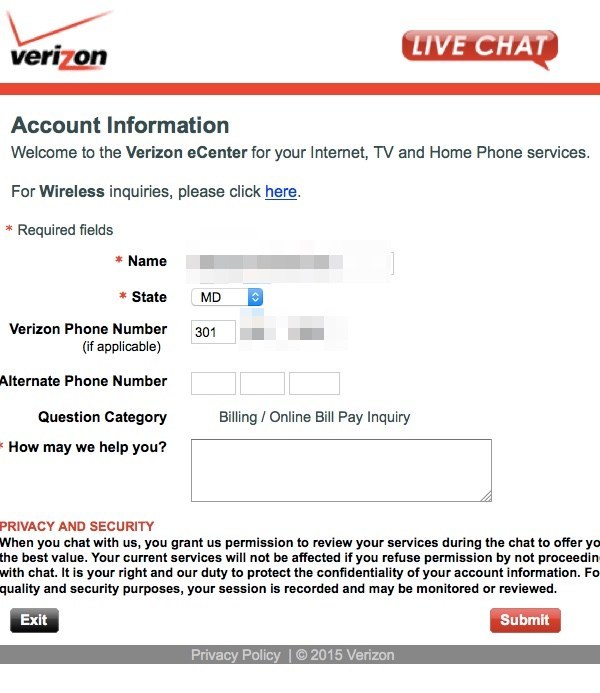
 Verizon Communications this morning announced it will
Verizon Communications this morning announced it will 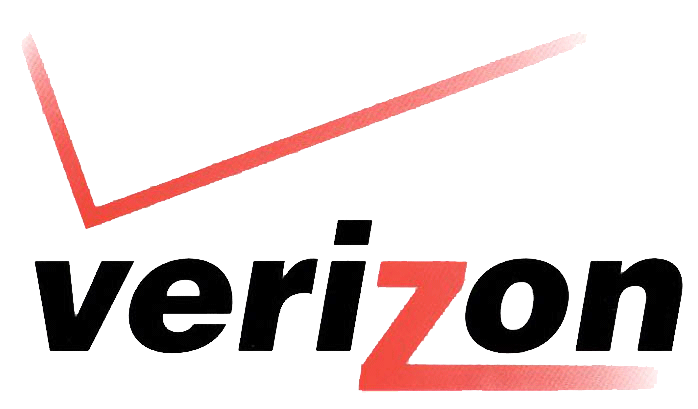 All signs point to the AOL acquisition as more evidence Verizon management is shifting priorities to its mobile business, Verizon Wireless. In 2014, Verizon acquired the assets of Intel Media, which was planning an Internet TV service called OnCue. Verizon’s acquisition will help it develop an alternative television platform and many analysts expect it will primarily reach Verizon Wireless customers.
All signs point to the AOL acquisition as more evidence Verizon management is shifting priorities to its mobile business, Verizon Wireless. In 2014, Verizon acquired the assets of Intel Media, which was planning an Internet TV service called OnCue. Verizon’s acquisition will help it develop an alternative television platform and many analysts expect it will primarily reach Verizon Wireless customers.